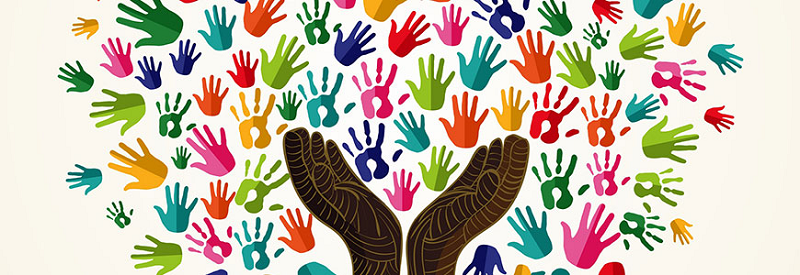
Social Protection involves preventing, managing and overcoming situations that adversely affect people's wellbeing usually through monetary means or services provided. Following the release of the Report on the World Social Situation 2016, the Division for Social Policy and Development (DSPD) began preparation for the 2017 report with an expert group meeting on December 1 and 2. Social Protection to Improve Social Inclusion will be the focus of the 2017 report.
The purpose of the expert group meeting was to bring together academics, United Nations officers and social protection experts to assist with shaping the 2017 report.
Perceptions of social protection programmes in society were discussed in a presentation from Maitreyi Bordia Das, Global Lead, Social Inclusion at the World Bank. Ms Das presented evidence on the Brazilian social protection programme Bosila Familia, Conveying that most people deemed the programme essential and beneficial in addressing hunger and poverty.
Simone Cecchini, Social Development Division, Economic Commission for Latin America and the Caribbean (ECLAC), reminded the group that in order to ensure success of social programmes within indigenous communities, cultural sensitivity needs to be the primary priority. In Latin America the number of indigenous persons experiencing poverty and extreme poverty is more acute than other groups in that region
Stephen Devereux, Co-Director of the United Kingdom’s Centre for Social Protection, Institute of Development Studies, spoke about social protection for older persons as well as access to social protection programmes.
Mr Devereux reminded the group that when addressing social inclusion, factors other than social protection require consideration. They include guaranteeing income security for all, access to health care, improving access to social protection schemes, eliminating barriers to accessing social services, reducing economic marginalisation, facilitating social integration and promoting political participation. Such factors should influence content and recommendations of the report.
The multi-factorial aspect of social protection to assist with social inclusion was further emphasised during Mr Devereux's second presentation. He provided examples of successful social protection programmes in middle and high-income countries. Mr Devereux's also spoke about the implementation of some national and state social protection policies that contribute to the success of the Australian model, including retirement income, universal health care, programmes aimed at indigenous populations, access to housing and economic participation for older persons.
The 2017 DESA flagship report plans to focus on the social protection of groups targeted by Division for Social Policy and Development’s work including persons with disabilities, indigenous persons, older persons and youth.
You can learn more about the event and access presentations here.
To learn more about our work on social inclusion head to un.org/development/desa/socialperspectiveondevelopment/
 Welcome to the United Nations
Welcome to the United Nations